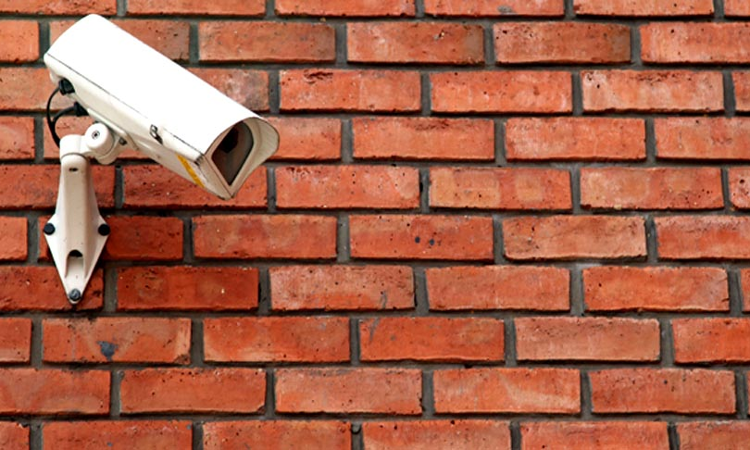High Court Directs Delhi Govt To Produce Its SOP For CCTV Cameras In Classrooms
Nupur Thapliyal
13 Jan 2023 2:00 PM IST

Next Story
13 Jan 2023 2:00 PM IST
Terming the public interest litigation, which challenged the decision of Delhi government to install CCTV cameras inside classrooms in all government-run schools, premature, the Delhi High Court on Friday said that the matter can be heard only after a standard operating procedure (SOP) is drawn up by the government.A division bench of Chief Justice Satish Chandra Sharma and Justice...
